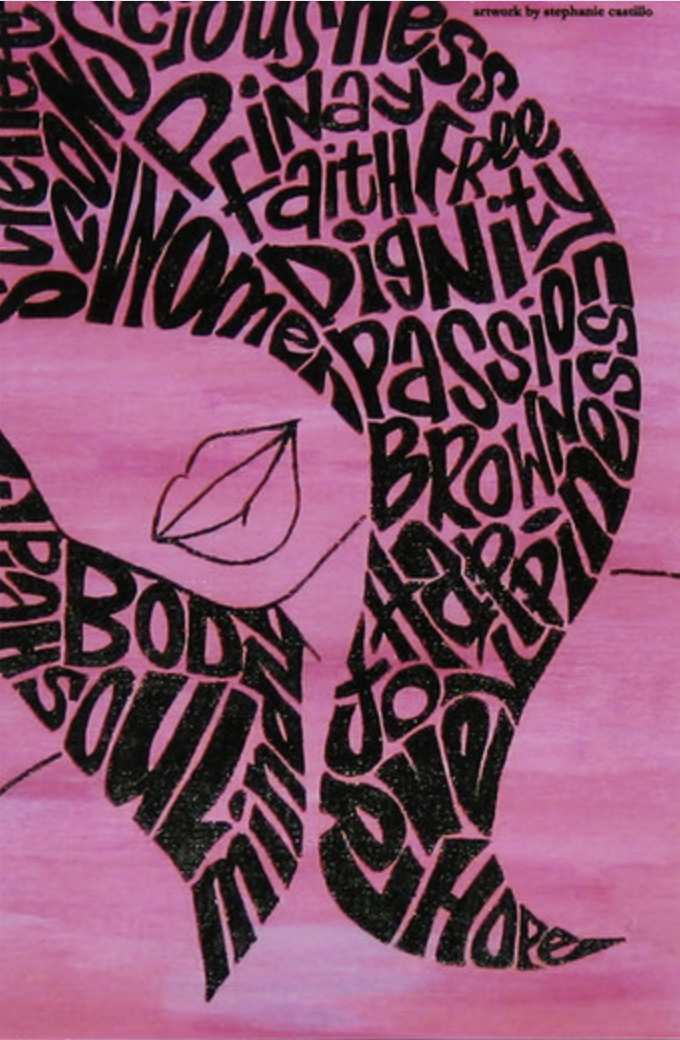janice lobo sapigao
photo by the skyCOLLECTIVE
poet. writer. professor.
2020-2021 Poet Laureate Emerita of Santa Clara County, CA
ABOUT JANICEJanice Lobo Sapigao is a Filipina American writer from the San Francisco Bay Area. She is the author of the poetry collections like a solid to a shadow (Nightboat Books, 2022) and microchips for millions (PAWA, Inc., 2016), along with two other chapbooks. She is a 2023-2026 Lucas Arts Resident in Literary Arts at the Montalvo Arts Center. She was a Visiting Scholar at the Newberry Library in Chicago, IL, an AWP Writer-to-Writer Mentee in fiction, the 2020-2021 Santa Clara County Poet Laureate, and a Poet Laureate Fellow with the Academy of American Poets. She is an Associate Professor of English at Skyline College where she received the Meyer Excellence in Teaching Award in 2023. She co-founded Santa Clara County’s Youth Poet Laureate Program as a chapter with Urban Word NYC, and she co-founded Sunday Jump Open Mic in Los Angeles’s Historic Filipinotown. She is working on a novel.
like a solid to a shadow (Nightboat Books, 2022)
like a solid to a shadow is a documentary poetry collection about grieving, fatherlessness, and the limitations of language. Sapigao finds her deceased father’s love “letters” to her mother: cassette tapes recorded in Illokano, a language of which she has imperfect knowledge. The book moves through Sapigao’s process of translating and transcribing the tapes; playing with, learning, and unlearning the Ilokano and English languages. Through family trees, photos, and mapping, Sapigao articulates, distorts, and heals her knowledge of the man who is her deceased father.
microchips for millions (Philippine American Writers and Artists, 2016)
Janice Lobo Sapigao, in this powerful and innovative debut, captures her mother’s traumatic experience as an assembly line worker in Silicon Valley, as well as the larger social, economic, and environmental impacts of the high tech industry. The poems switch between English, Ilokano, and binary code, and between documentary, visual, ethnographic, and lyric modes. In our time of toxic exposure, labor exploitation, and gentrification, Sapigao shows us how poetry can be a site to protest injustice, affirm dignity, and maintain hope.
—Craig Santos Perez




